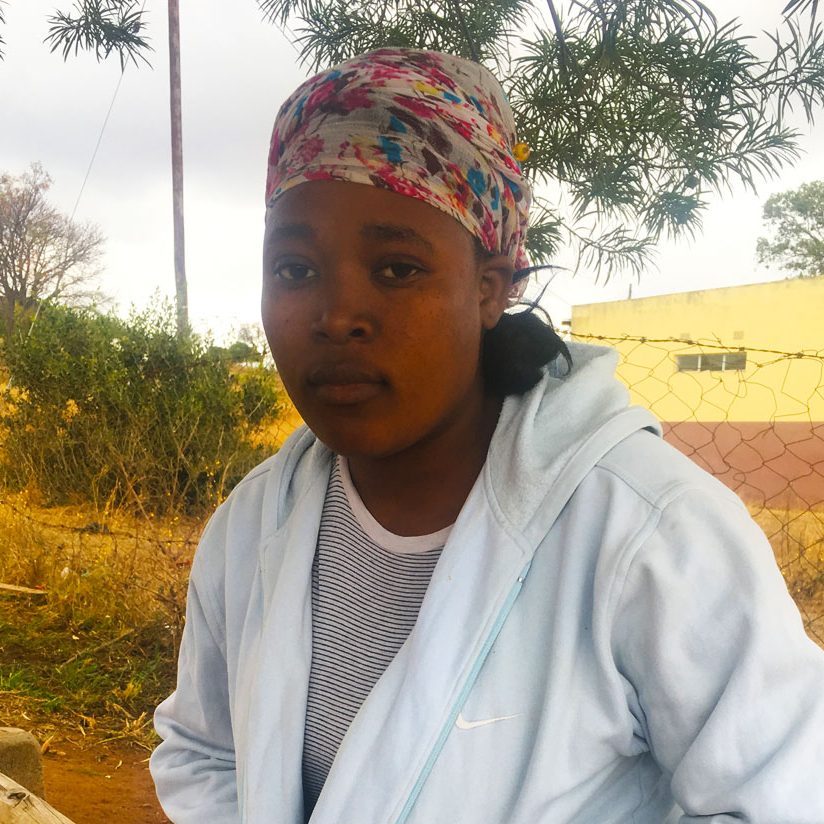
It is very important to be faithful to your partner and do regular HIV tests so that if you are found to be HIV positive you can quickly start treatment.
– Khanyisile Tsabedze
Khanyisile Tsabedze was tested for HIV about three years ago while she was pregnant with her first son. Her husband had no interest in being tested, assuming that if his wife was negative, he must be, too.
“My husband never wanted to test for HIV,” she says. “He used my status as his own and I didn’t think much about it.”
It wasn’t until recently, when Khanyisile was attending an HC3-sponsored session for women near her northwestern Swaziland home that she learned about something called discordancy. Basically, it means that one partner can have HIV while the other doesn’t. Khanyisile’s husband could still be positive – and her health could be at risk.
After the session, Khanyisile was encouraged to talk to her husband into getting tested for HIV. Since then, they have tested together once and have made the decision to be tested regularly. Together.
“It is very important to be faithful to your partner and do regular HIV tests so that if you are found to be HIV positive you can quickly start treatment,” she says.
Receive the latest news and updates, tools, events and job postings in your inbox every month